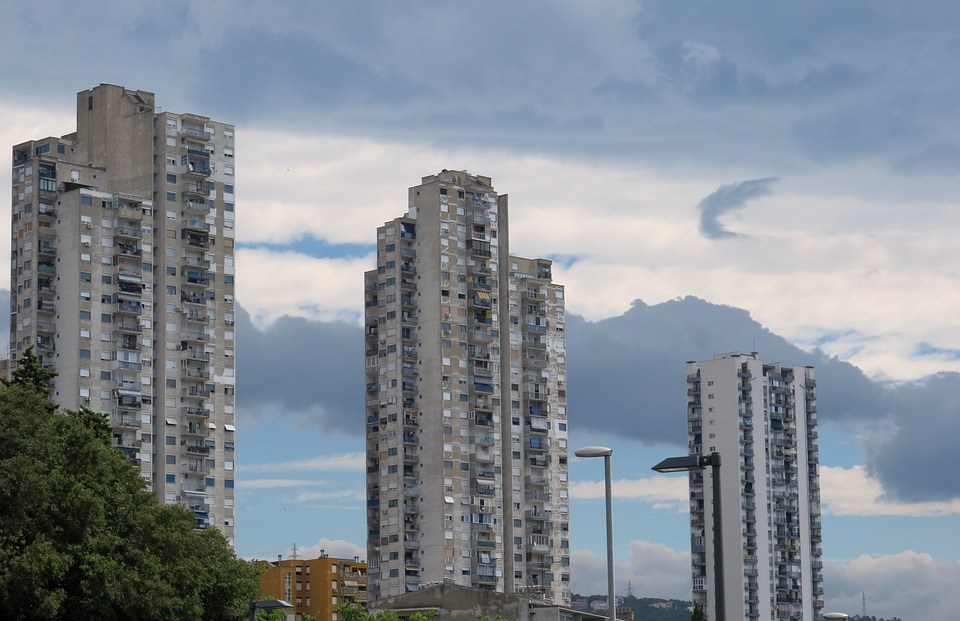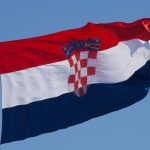As Poslovni Dnevnik writes, less than two months before the horrendous earthquake which hit the the Petrinja, Glina and Sisak areas struck at the end of December 2020, the World Bank published the results of a study on the risk of housing in multifamily residential buildings across Central Europe, the Balkans and Central Asia. From Croatia, the research included two cities and it looked into Zagreb and Rijeka housing, according to N1.
The cities of Rijeka and Zagreb, for which quite a significant amount of data from the March 2020 earthquake has been mentioned. The complete document published on its website by the World Bank, for two cities from Croatia, as well as for a number of other cities from the analysed areas, has a table entitled “a summary of the results of the earthquake risk assessment”.
When it comes to the Croatian capital of Zagreb, 418,080 people live in family buildings built before 2000, or 52 percent of the total population. That in itself is not problematic.
The unfortunate news is that the survey found that the buildings described as the “top 2 high-risk types of buildings” have a population of 280,000, representing, it is also stated, 35 percent of the city’s total population.
When it comes to Rijeka housing, 64,260 people live in family buildings built before the year 2000, representing 54 percent of the total population, which is approximately the same ratio as has been recorded in Zagreb. A similar relationship applies to the percentage of citizens living in buildings that are described as “the top 2 high-risk types of buildings”. Rijeka is said to have 38,000 inhabitants or 32 percent of citizens living in such buildings.
For the latest travel info, bookmark our main travel info article, which is updated daily.
Read the Croatian Travel Update in your language – now available in 24 languages.
Join the Total Croatia Travel INFO Viber community.











